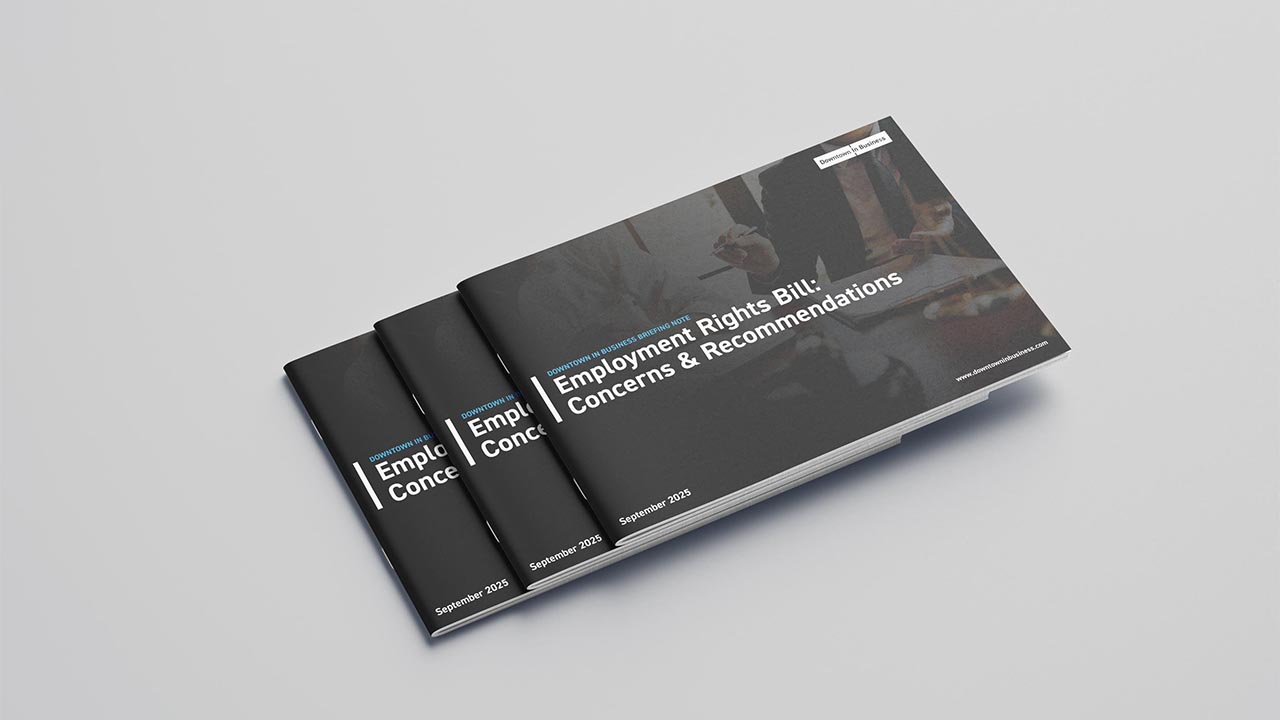A leading solicitor has criticised Liverpool City Council’s decision to hold a public consultation into renewing its Landlord Licensing scheme for a further five years as the ‘persecution’ of innocent landlords.
David Kirwan, managing partner at Kirwans law firm said the Cabinet’s approval of the recommendation will result in more landlords being unfairly prosecuted if the consultation leads to the initiative continuing until April 2025.
He argued that the heavy-handed nature of the penalties meant inexperienced or first-time landlords who do not realise the importance of applying for licences could find themselves in court, forced to pay back 12 months’ worth of rent, or banned from operating properties in the area.
The council’s Landlord Licensing scheme was introduced under the government’s selective licensing laws and landlords must sign up to it.
Selective licensing initiatives apply to a designated area for a period of five years and landlords have to apply for a licence for each home affected.
They are then awarded a licence to operate a property only after an assessment which must deem them to be ‘fit and proper’. In addition, stipulations around the management and funding of the property and health and safety considerations must also be satisfied.
But opponents of the initiative claim it can prove confusing for landlords, who are often unaware that their property even lies in a selective licensing area.
For those operating numerous properties across different areas, the situation can be more bewildering, as each council can create its own set of rules for each scheme.
At the end of last month, the scheme was reported to have resulted in more than 2,000 legal notices being issued, with 89 fixed penalty notices and 154 landlords successfully prosecuted.
But David said some of those hauled before the courts are well-meaning landlords who have simply made an error.
David explained: “Under selective licensing legislation introduced by part three of the Housing Act 2004, in areas affected by poor-quality rental properties, irresponsible landlords and anti-social behaviour, local authorities (LAs) are able to introduce penalties that go well beyond the mandatory government landlord licensing rules for those failing to obtain a licence.
“This can result in criminal records, rent repayment or a ban from renting out property. Even if LAs opt to avoid the courts, civil penalty fines of up to £30,000 can be imposed.
“However, rather than pursue these harshest of punishments, LAs also have the option of working with those failing to comply to offer advice and support, educating them about their duties and responsibilities and helping to create a reliable pool of landlords within the city.
“I have been extremely disappointed to learn then, that rather than choosing the option that, in some cases, would be eminently more sensible, councils such as Liverpool are all too often pursuing the harshest of punishments.
“The outcome is such that well-meaning men and women who have ventured into property letting in a bid to provide a pension or extra income are finding themselves in a truly terrifying situation simply for what is often a simple administration process failure.
“Meanwhile, the real rogue landlords may simply choose to avoid the licensed areas, moving their poor practices to areas where such schemes are not currently in place.”
Last summer, the government announced a review of selective licensing and how well it is working, with the findings due to be published this spring.
In the meantime, however, David said landlords should take extra care when buying a property in the Merseyside area.
He said: “Liverpool City Council’s practice of punishing landlords who fall foul of the rules in the harshest possible way means that landlords must be extremely wary of buying in an area affected by selective licensing rules.
“Those that choose to do so must make sure that they have the necessary licences in place and ensure they comply with every obligation the scheme makes of them – or face what can be heart-breaking consequences.”









